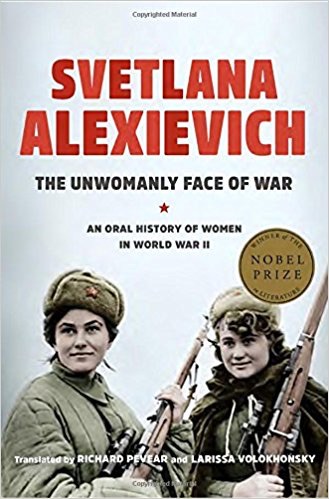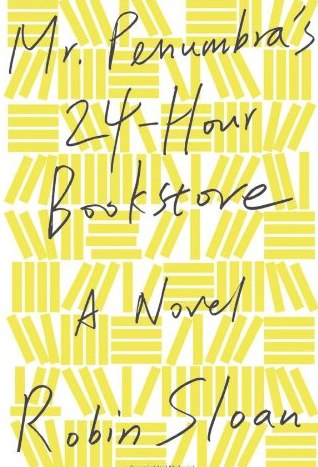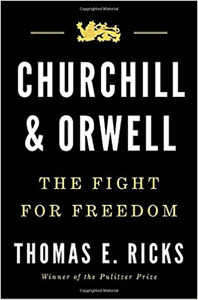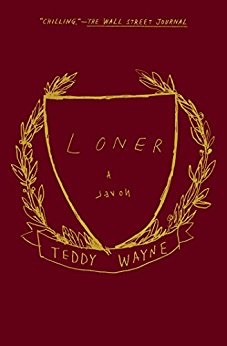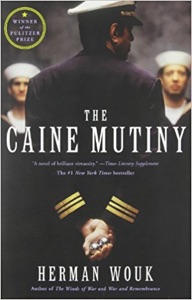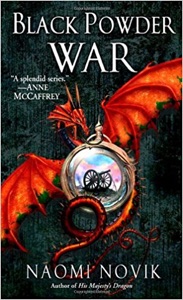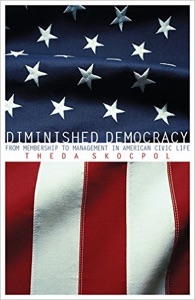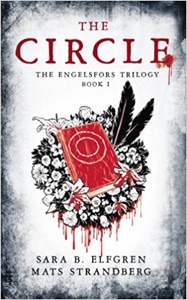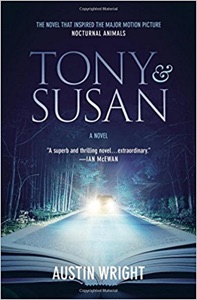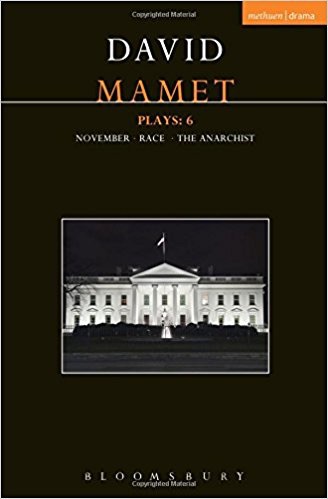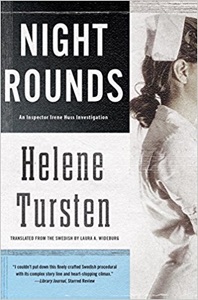An extremely interesting and detailed look at vanished American institutions that once grounded the nation’s political life. Mason, Odd Fellows, Elks, the NAACP: until quite recently, these formed the center of much life in America’s towns and cities. Local organizations had officers, competition for honors was keen, and these organizations were designed to ensure that anyone, rich or poor, could rise to office and could be sent to represent their local at state and national conventions.
The center of my town is filled with relics of these structures: Masons, Odd Fellows, Knights of Pythias. Many local organizations didn’t accept many (or any) Jews or Black people, so parallel organizations were created for Blacks and Jews.
They had parties, ceremonies, rituals. They had big dinners. They sponsored lectures. They got together and offered insurance policies; indeed, some survive as insurance companies long after the ceremonies and rituals have withered. But Skocpol argues convincingly that these were places where old folks and young people, workers and capitalists could all gather on a fairly equal basis, where mayors and bricklayers could discuss the issues of the day on an even footing, and maybe you’d wind up sending the bricklayer to Washington to tell your Senator just what your town was thinking.
After the War, this world was replaced in politics by professional lobbying organizations, and its place in civic life was taken by television.
Our sad little Democratic City Committee holds its meetings in the husk of one of these organizations, an Irish-American club with a wall of yellowing photos of the jovial old (and white) Irishmen who have been its president, a policy that forbids women from membership, and two separate bars in its small headquarters. The local Democrats still think, in their heart, that they’re another social club or a subcommittee of the Irish-American, a place for old people to get together a couple of times a year and talk about their grade-school teachers and my, how the world has changed.
September 2, 2017 (permalink)
